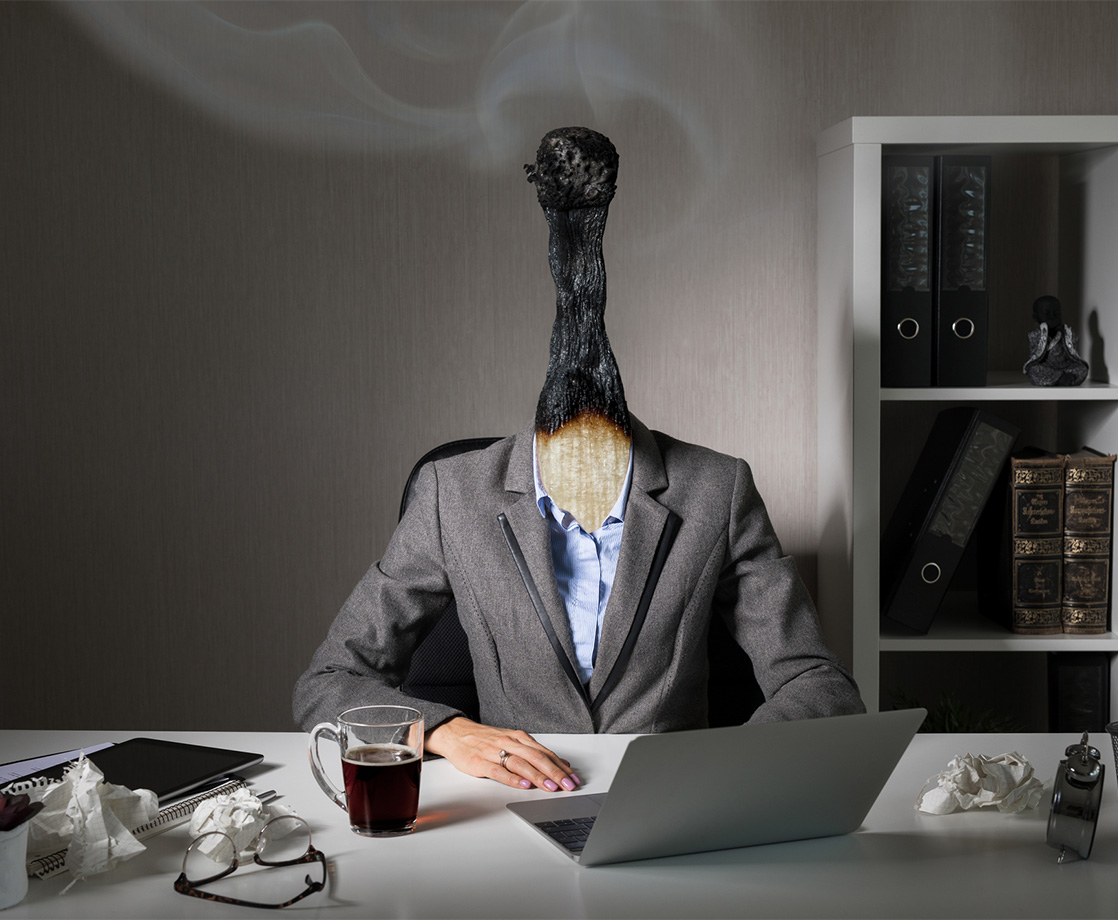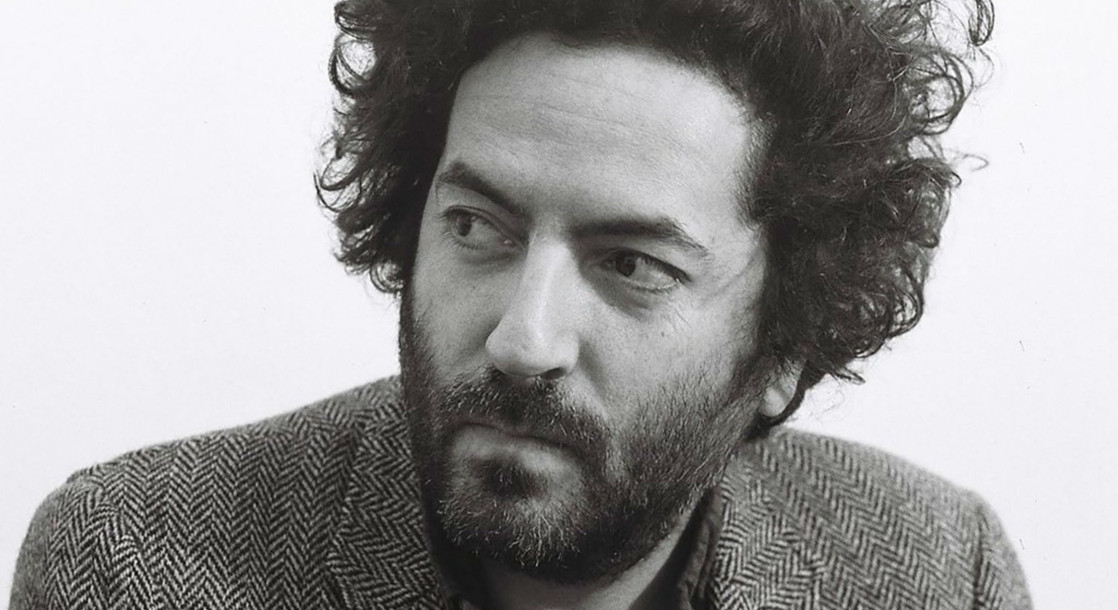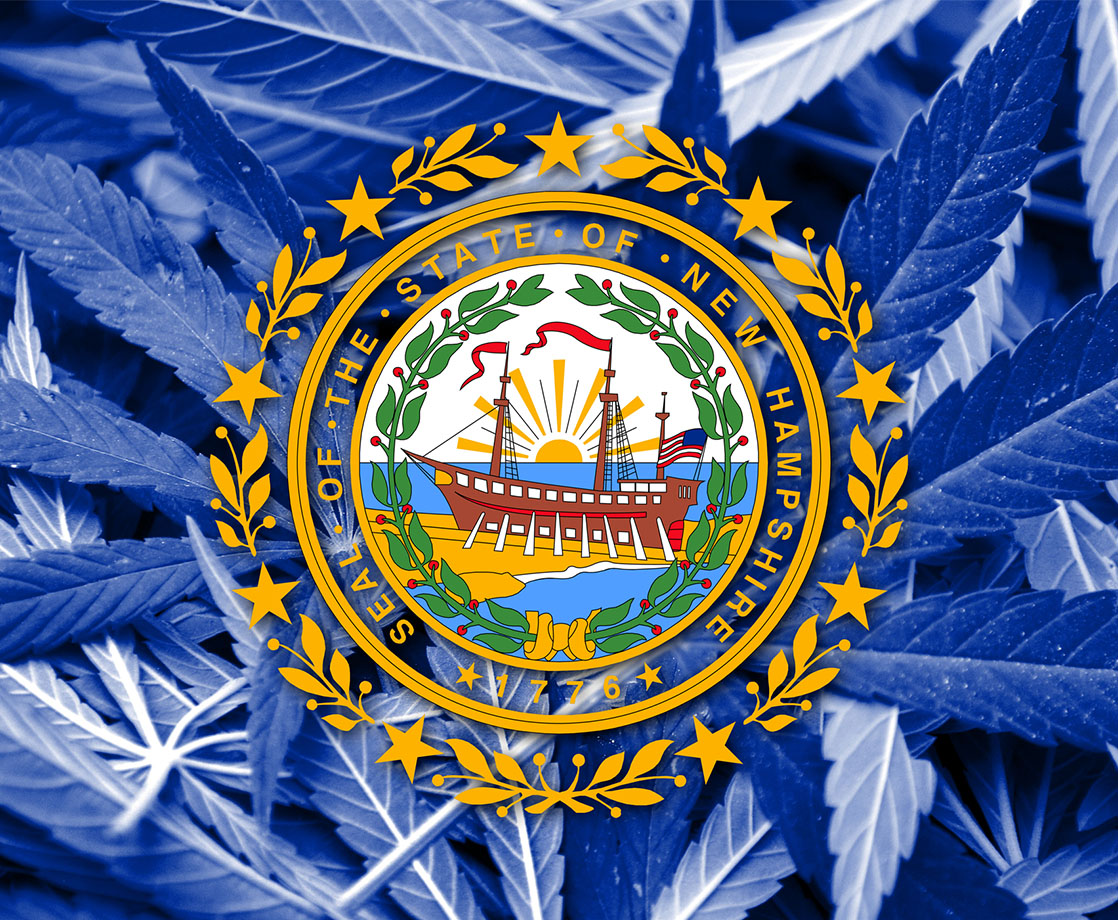Disclaimer: This column is written for educational purposes only. It does not provide specific legal advice and does not create an attorney-client relationship. This column should not be used as a substitute for competent legal advice from a licensed attorney in your state.
As the legalization of cannabis continues to sweep across the nation, many employers are left in a cloud of smoke when it comes to managing their employees’ marijuana consumption — medical or recreational — in and out of the workplace.
On one hand, employers have been hostile toward cannabis use for decades, and it remains common practice to rout out cannabis consuming employees and applicants through drug testing. Even with consumption on the rise, a January 2019 study published in the Journal of Occupational and Environmental Medicine found that among participants who were employed or actively seeking employment, cannabis users were 50 percent more likely to lose their job in 2012-2013 than in 2001-2002. Clearly, there’s a common mistrust of cannabis among employers.
On the other hand, a growing number of states are legalizing adult use and banning employment discrimination for medical consumption. As the stigma fades among communities and legislators, employers are left with big adjustments to make. According to a new survey by Paychex, a provider of payroll, human resources, and benefits outsourcing services, 34 percent of employers said they’re not ready to manage the medicinal use of cannabis in the workplace — while 38 percent said the same about recreational use.
As a lawyer and business strategist for the cannabis community, I’ve seen this issue become increasingly prevalent. I want to use this column as an opportunity to address the core questions and concerns employers and employees alike have about the topic.
Should Employees Be Allowed to Consume Cannabis on the Job?
Employers need to understand that the medical use of cannabis is the same as the consumption of any other medicine or pharmaceutical. A medical professional has determined that the individual would benefit from the medical use of cannabis, so to prohibit the individual would be unreasonable and unethical. However, that does not mean employers must allow employees to consume cannabis on the job or to prohibit employees from performing their job responsibilities while impaired. Certain occupations require an even higher level of accountability, and, as such, additional restrictions may be required.
This is especially true for those who work in a category one occupation, including physicians, nurses, or construction workers, as well as those whose job responsibilities entail operating machinery, driving a forklift, or transporting products by vehicle. Impairment of any kind would have the effect of hindering his or her depth perception, sensory processing, reaction time, coordination, and other motor skills. For employers, this is a complex subject matter and, certainly, one in which science, technology, and the law are still evolving.
When determining the most appropriate policies and procedures, it is essential employers consult with the necessary cannabis legal professionals to ensure they are properly protecting their employees, company, and consumers alike. For employees, it’s important that they fully understand their company’s cannabis policies and generally speaking, refrain from consuming until after work hours.
Gallery — The Top Weed-Friendly Travel Destinations in America:
Can Employers Still Maintain a Zero-Tolerance, Drug-Free Work Environment?
At the federal level, cannabis is still classified as an illegal drug under the Controlled Substances Act. Generally, at the state level, cannabis use laws do not require employers to accommodate an employee’s cannabis use on the job. However, there are states, including Arizona, Arkansas, Connecticut, Delaware, Illinois, Maine, Massachusetts, Minnesota, Nevada, New York, Pennsylvania, Rhode Island, and West Virginia, as well as Washington DC, that have laws that extend protections to medical cannabis users against discrimination, retaliation, and termination based on the fact they have a medical cannabis card or consume medical cannabis outside of work hours. So far, Maine is the only state to extend employment protections to recreational consumption.
For example, this past June, Nevada passed a law banning most employers from turning down a candidate because they tested positive for cannabis on a drug pre-screening. An exception is made for ‘safety-sensitive positions.’ In July, New Jersey prohibited employers from taking action against employees who have registered with the New Jersey Cannabis Regulatory Commission and obtained authorization for medical cannabis from a health care provider.
If cannabis use poses a risk to employees’ safety or the safety of others, it is important that employers establish a workplace cannabis use policy that defines impairment and sets clear, consistent restrictions on impairment during work hours. It’s also essential that employees fully understand their company’s cannabis policies, and, if necessary, consult a legal professional if there is uncertainty or perceived discrimination.
Can Employers Require Drug Testing?
According to HR Dive, an industry trade publication that analyzes the latest happenings in human resources, as many states reconsider or create new cannabis legislation, businesses are scrambling to formulate policies and procedures that don’t infringe on employee rights and continue to protect company and consumer interests.
Unlike a blood-alcohol content (BAC) test, the results of a standard drug test may not accurately reflect impairment or timeline for cannabis use. Science and technology are still evolving as it relates to determining cannabis impairment. An individual may test positive for cannabis use within hours, days, or weeks of initial consumption. A positive test does not necessarily equal impairment, nor does it lead to a determination that such consumption was done during work hours.
States that recognize a medical patient’s right to possess and consume cannabis outside of work hours are generally protected against discrimination, retaliation, or termination based solely on a positive drug test. However, the law as it relates to these complex employment matters is still changing, so there remains a great deal of uncertainty, which creates difficulties and confusion for employees and employers alike.
Recently, a federal judge in Arizona ruled that Walmart discriminated against an employee — who was a medical cannabis cardholder — when they fired her solely due to a positive drug test. The termination qualified as discriminatory because Walmart could not prove that the employee’s consumption of medical cannabis impaired her work.
It’s critical for employers to have an open dialogue with their employees and ensure they have implemented properly prepared policies and procedures related to medical cannabis consumption and related requirements. Employees should also take proactive steps to become familiar with their rights under their state’s medical cannabis laws, and know they do have recourse if they feel they’ve been discriminated against for cannabis use. There’s legal precedent.
Resources for Employers and Employees
Employees who feel they have been the subject of discrimination can seek out a cannabis lawyer through databases such as LegalMatch and NORML, and can access additional information through their state’s government website.
For employers that wish to implement or update their workplace cannabis use policies and enforcement guidelines, it is important that management is trained on how to reinforce the policy and be guided through the proper protocol for when a potential violation occurs. In addition, if an employer suspects substance abuse, they may want to consider offering employees access to substance abuse support, which can range from a formal, company-sponsored program, to a referral to an outside resource.
Until our laws clearly define the intersection between cannabis use and employment practices, it is important that employers do their due diligence, consult the appropriate cannabis legal professional, and ensure they are knowledgeable in regard to all applicable employment and cannabis-related laws, rules, and regulations. Employers who are looking to develop, update and implement current and appropriate workplace policies and enforcement guidelines will always benefit from seeking the advice and guidance of an experienced cannabis business lawyer who is knowledgeable in these matters.
For more on Laura A. Bianchi, visit her firm’s website here











